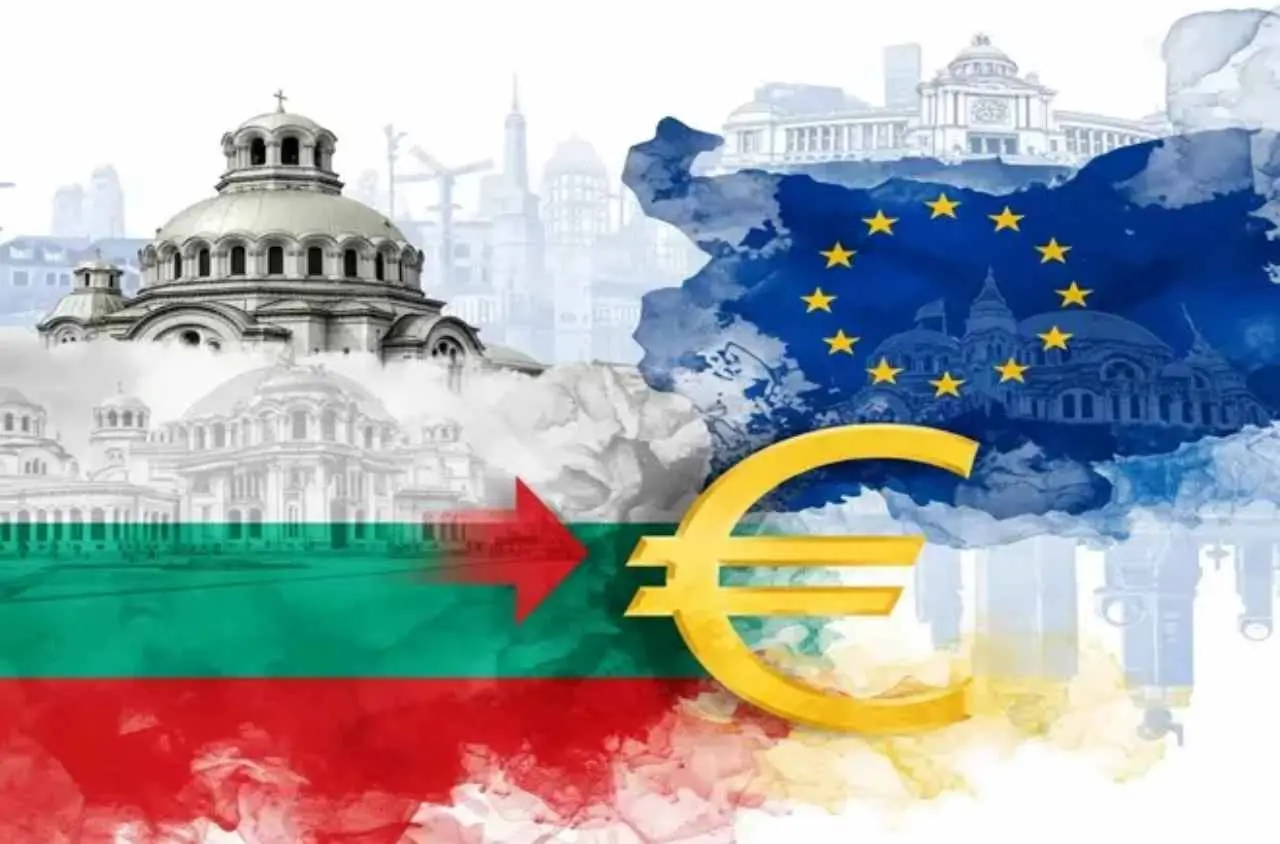What Bulgaria’s Transition to the Euro Means for Europe and the Economy

Bulgaria will become the 21st member of the eurozone in January 2026. This will be a watershed moment for the Balkan country and a significant step forward in the EU’s overarching strategy to bring countries together. Bulgaria’s admission, which had been delayed for years due to inflation, political instability, and regional concerns about enlargement, demonstrates that there is rising support for wider economic union, particularly as the geopolitical situation changes.
Bulgaria’s European Journey: From Delay to Determination
Bulgaria joined the Exchange Rate Mechanism II (ERM II) in 2020, however the process of adopting the euro began far earlier. However, progress was hampered by political hesitation in the alliance and internal concerns in Bulgaria. Bulgaria has struggled with inflation due to the worldwide cost of living and constant governmental upheaval (there have been seven general elections since 2021). Croatia, on the other hand, entered ERM II with Bulgaria and will adopt the euro in 2023.
Polls suggest that nearly half of Bulgarians are still afraid of the euro, although experts like as Dennis Shen of Scope Ratings believe that many of these concerns, particularly concerning inflation, are exaggerated. Historical data show that joining the eurozone typically results in more stable prices and reduced borrowing costs over time. People tend to trust the euro more after it is established because they can see how it benefits the economy.
Strategic Importance and Economic Impact
Bulgaria’s economy is heavily euro-ized, therefore joining the euro could help stabilize it. According to Scope Ratings, it has the ability to increase Bulgaria’s long-term development potential by more than 2.75% per year and assist bring living standards closer to those in the EU. It also provides access to more capital and a stronger connectivity to European markets.
Bulgaria’s accession to the EU is consistent with the EU’s goal of strengthening internal unity and resisting external influences following the war in Ukraine. According to some experts, the timing is not only about economic metrics, but also about fostering solidarity inside the union.
Also read: How a mild PPI affects EUR/USD, GBP/USD, USD/CAD, and USD/JPY

